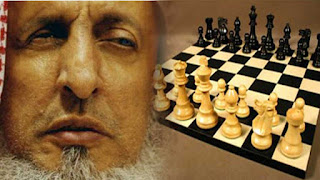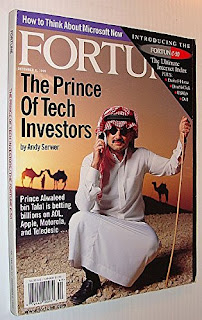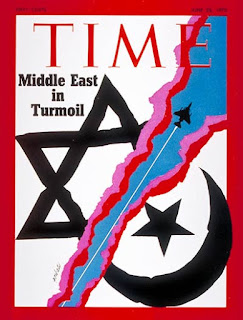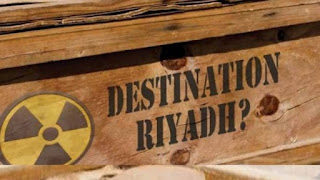Betting on the wrong horse? US and Iranian hardliners spin anti-government protests
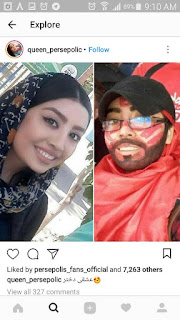
An Iranian woman disguises herself as a male soccer fan By James M. Dorsey In supporting recent anti-government protests in Iran , both Iranian hardliners and the US State Department may want to be careful what they wish for. Not only are the protests unlikely to spark the kind of change either of the two adversaries may be hoping for, they also are refusing to stick to the different scripts the Trump administration and opponents of Iranian President Hassan Rouhani read into them. For Iranian hardliners, the joker in the pack is what US President Donald J. Trump decides in January to do with the 2015 international agreement that put curbs on Iran’s nuclear program. Mr. Trump will have to again choose whether to certify Iranian compliance as well as extend the temporary waiver of US sanctions on Iran. In October, Mr. Trump refused to certify and threatened to pull out of the agreement if Congress failed to address the agreement’s perceived shortcomings. Members of Co

